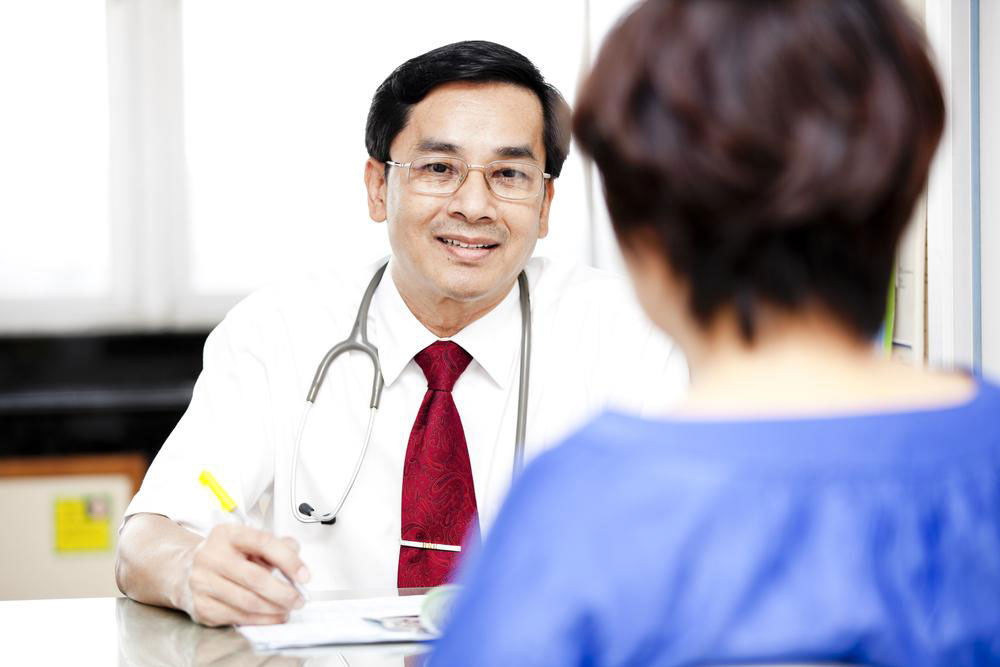All you need to know about Non Hodgkin Lymphoma treatment
Cancer that is rooted in the body’s lymphatic system is known as Non Hodgkin Lymphoma. In this type of cancer, tumors develop in white blood cells known as lymphocytes. There are many types of Non Hodgkin Lymphoma of which follicular lymphoma and diffuse large B cell lymphoma are most common. Thankfully, Non Hodgkin Lymphoma treatment has a high success rate.
When it comes to cancer treatment such as Non Hodgkin Lymphoma treatment, the earlier a diagnosis is confirmed the easier the disease is to treat.

• Sudden weight loss
• Swollen lymph nodes in the neck, armpits or groin that may be painless
• Pain in the abdomen
• Swelling of the abdomen
• Chest pain
• Persistent cough and difficulty breathing
• Fatigue
• Fever
• Excessive sweating at night
If you notice any of these symptoms consult a doctor so that your Non Hodgkin Lymphoma treatment can be started at the earliest.
Some factors that could play a role in increasing your risk of developing this disease are:
• A weak immune system
• Being on medication that suppresses the immune system
• Having had an organ transplant
• Bacterial and viral infections such as Helicobacter pylori or HIV
• Exposure to chemicals and pesticides
• Old age
The first step to your Non Hodgkin Lymphoma treatment is to confirm a diagnosis. For this, your doctor may ask for a few tests including:
• A physical examination
• A blood and urine test
• CT scan, MRI or PET scan
• Lymph node biopsy
• Bone marrow biopsy
Depending on the results of the above tests, your doctor will be able to ascertain the type and stage of your lymphoma. This along with your age and overall health will determine the course of treatment best suited to you. Slow growing Lymphomas may not require treatment and your doctor may advise you to wait and watch. In case treatment is required, it may take the form of:
• Chemotherapy: This involves oral or injectable medication that kills the cancer cells. Chemotherapy is usually used in combination with other forms of treatment.
• Radiation: High-powered energy rays are used to shrink tumors and kill cancer cells.
• Stem cell treatment: This involves harvesting stem cells form the patient or a donor and re-injecting them into the patient’s body after high dosage chemotherapy or radiation.
• Medication to boost the immune system: Here the patient is given biological drugs to strengthen the immune system.
• Radio immunotherapy: The patient is given monoclonal antibodies with radioactive isotopes that attach themselves to cancerous cells and deliver radiation to only these cells.
Non Hodgkin Lymphoma treatment has a high success rate but can be emotionally draining. Hence it is very important to have a strong support system in place when dealing with this condition.